Animals
15 Silent Signs Your Kitten Might Be Sick
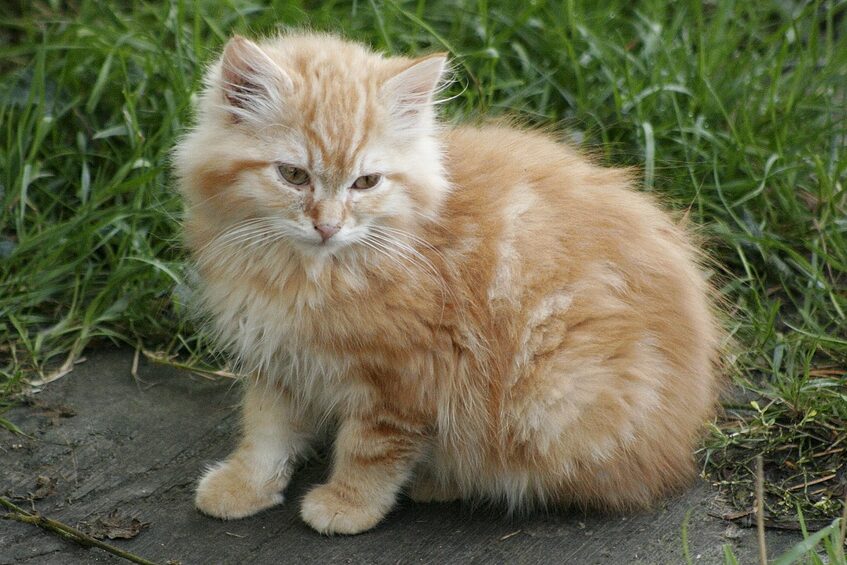
Kittens can’t tell you when something’s wrong—and sometimes, the warning signs are subtle. Their energy and curiosity can hide symptoms until things get serious. That’s why it’s important to pay attention to quiet changes in behavior, habits, or appearance. Here are 15 subtle signs your kitten might be sick. Spotting them early can make all the difference in keeping your little one healthy and safe.
Sleeping much more than usual.
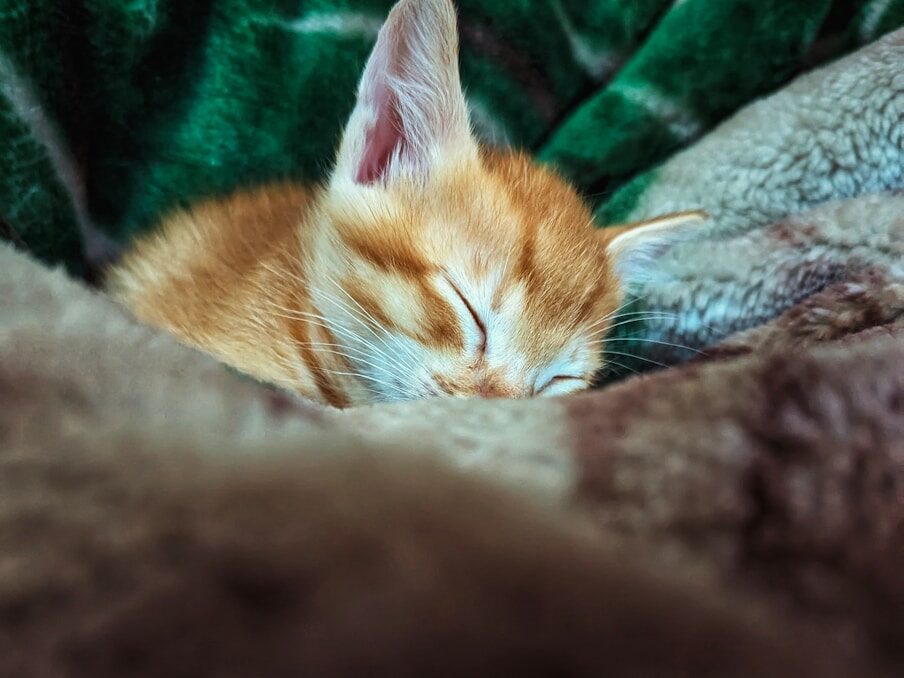
Kittens sleep a lot, but if your kitten is suddenly more lethargic than normal—especially during playtime—it’s worth noting. A sleepy kitten that isn’t easily roused or seems uninterested in their surroundings could be dealing with illness. It’s not just a lazy day. Excessive fatigue can signal infection, parasites, or other underlying issues. Monitor their patterns and trust your instincts when something feels off.
Sudden changes in appetite.
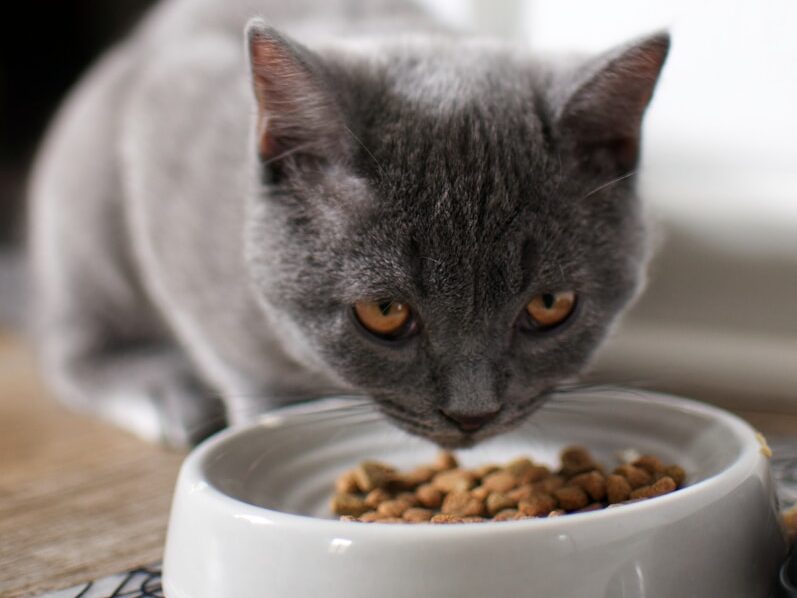
Missing a single meal might not be a red flag, but if your kitten is consistently eating less—or refusing food entirely—it’s time to pay attention. Kittens need regular calories for growth, and a drop in appetite can mean trouble. It could be anything from dental pain to digestive problems. If they seem hungry but won’t eat, or ignore treats they once loved, don’t brush it off.
Drinking noticeably more or less water.
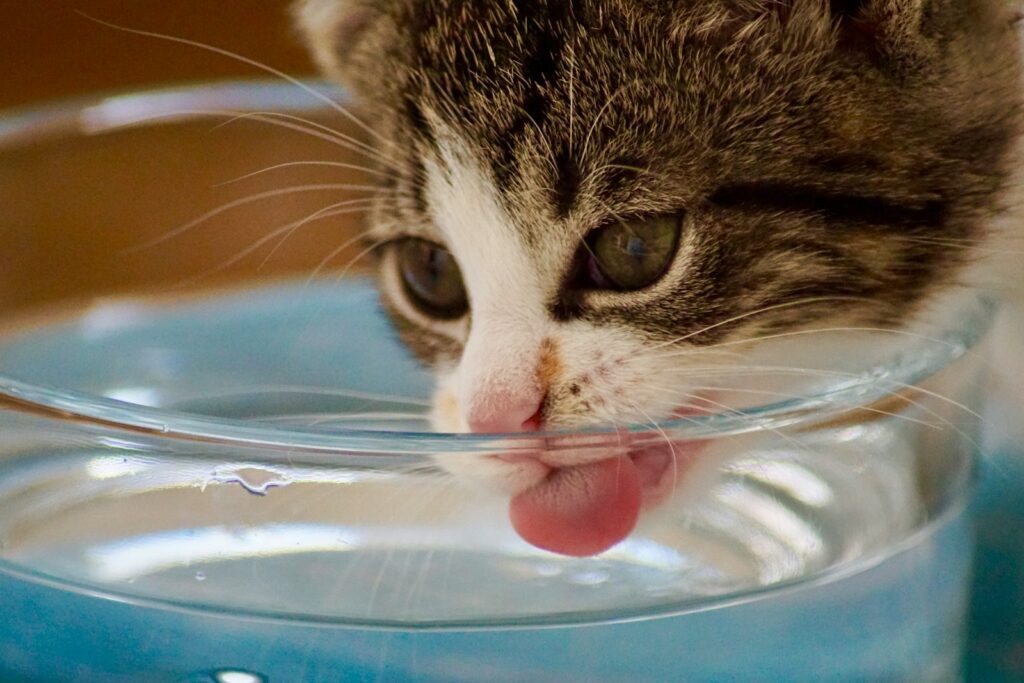
Changes in water intake are often overlooked, especially with kittens who share bowls or drink sporadically. But if you notice your kitten is drinking much more or much less than usual, it could point to kidney issues, diabetes, or dehydration. Try to observe their drinking habits and watch for signs like dry gums or concentrated urine. These small shifts can speak volumes about their health.
Avoiding the litter box.
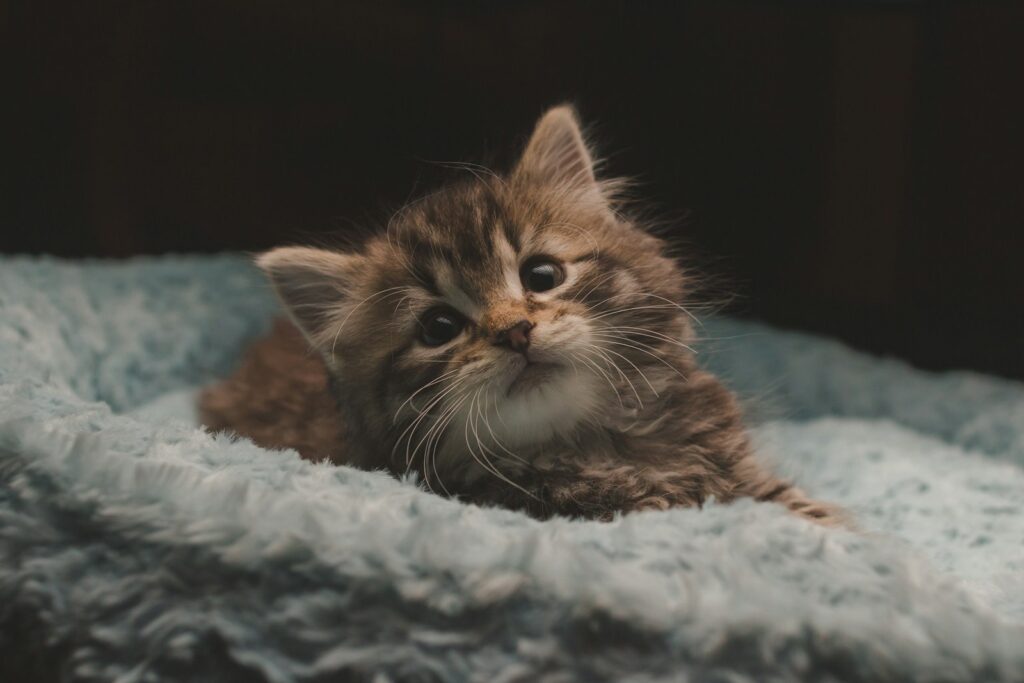
If your kitten suddenly starts avoiding the litter box or crying while using it, don’t assume it’s just behavioral. Discomfort while peeing or pooping can signal urinary infections, constipation, or inflammation. Some kittens associate the box with pain and begin avoiding it altogether. Catching this early is critical—urinary issues, especially in male cats, can become dangerous very quickly if left untreated.
Hiding more than usual.
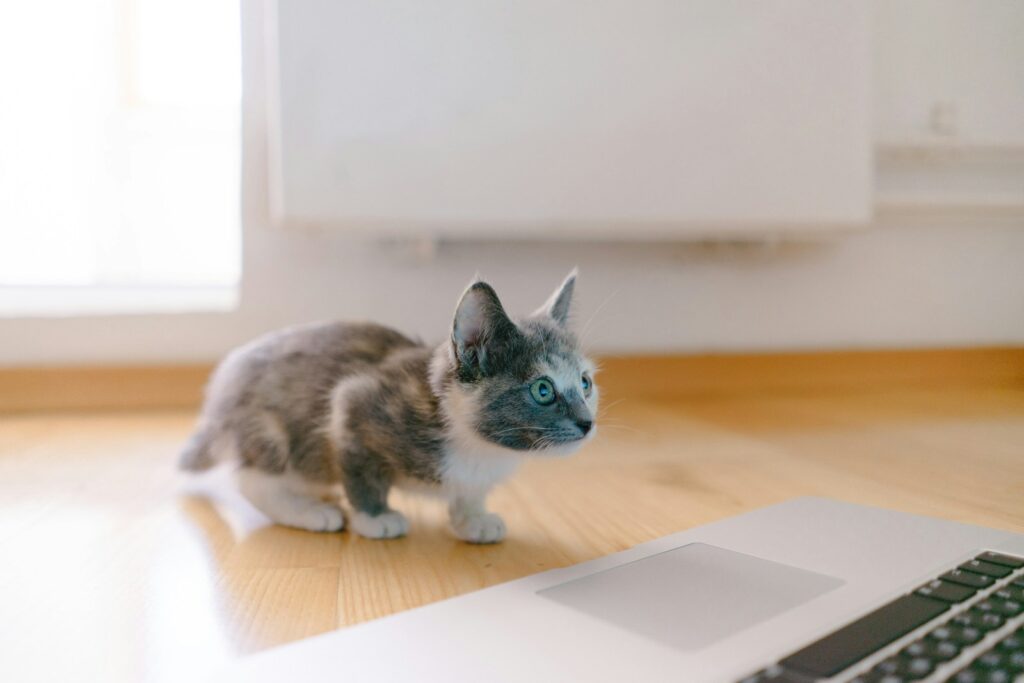
A playful kitten that suddenly seeks out quiet, hidden corners isn’t just being shy. Hiding can be a kitten’s way of dealing with stress or pain. They’re instinctively wired to conceal weakness. If your normally social kitten disappears for hours or avoids contact, don’t write it off as moodiness. Quiet withdrawal is one of the clearest signs that something might be wrong.
Grooming less—or obsessively.
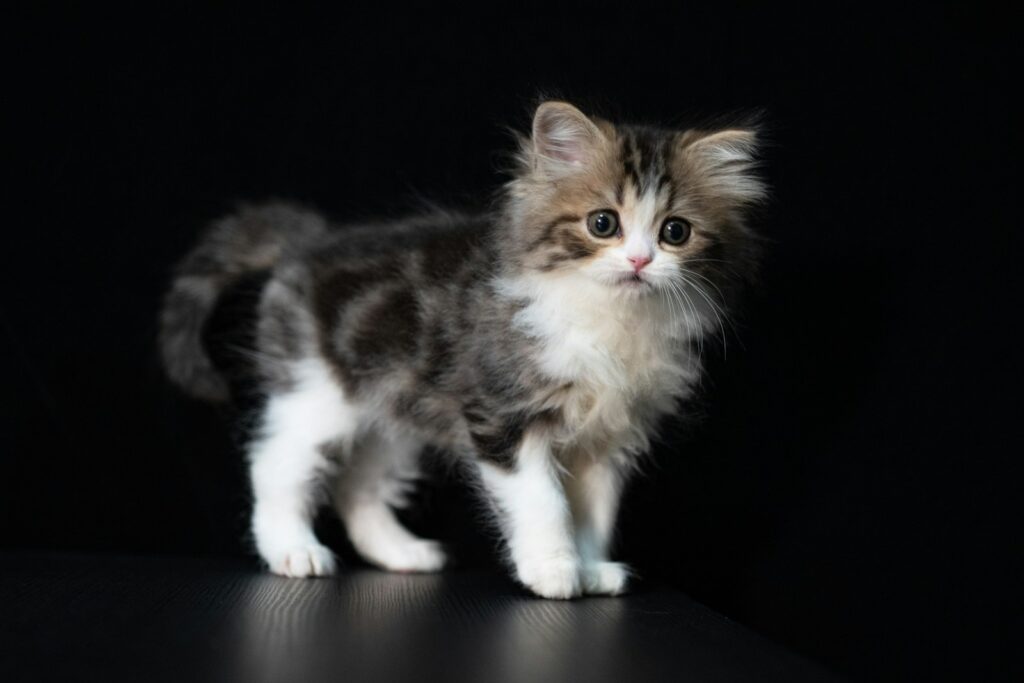
Healthy kittens groom themselves regularly. If yours looks unkempt, with matted or greasy fur, it may not feel well enough to care for itself. On the other hand, over-grooming—especially to the point of creating bald spots—can also be a problem. It might signal stress, allergies, or skin irritation. Any major change in grooming habits deserves a second look and possibly a vet visit.
Sudden aggression or irritability.
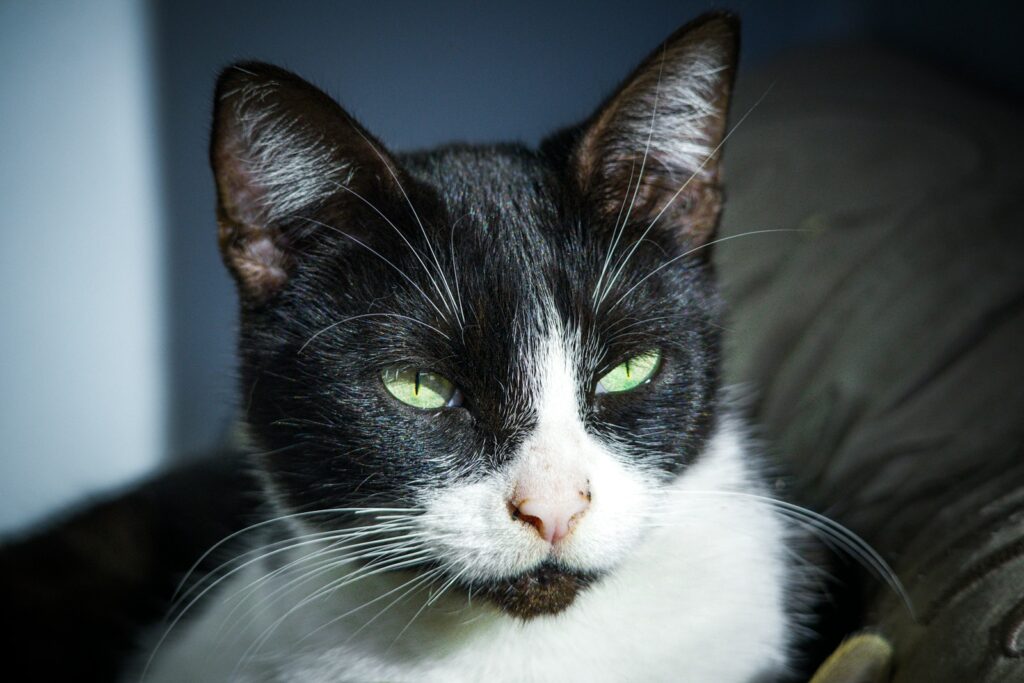
Kittens can be feisty, but a drastic shift in temperament—growling, swatting, or hissing when touched—might point to pain. Cats often mask their discomfort, but touch sensitivity can be a clue. If your kitten suddenly resists being picked up, winces when touched in a certain spot, or shows unexpected aggression, it’s worth digging deeper. They may be trying to tell you something hurts.
Persistent coughing or sneezing.
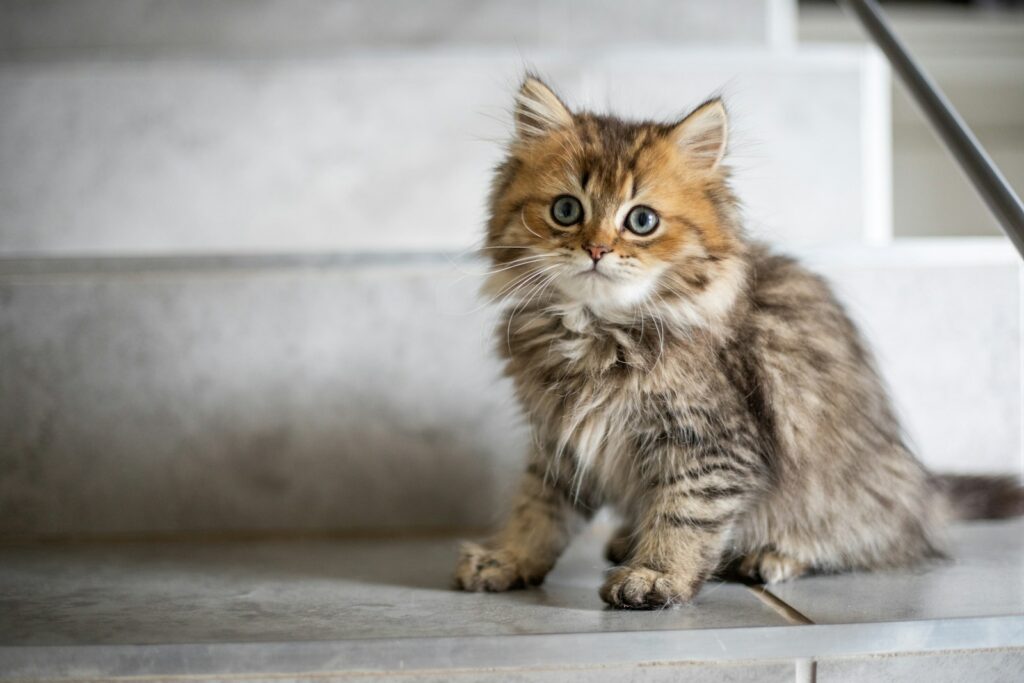
The occasional sneeze isn’t unusual, especially in dusty spaces or after play. But repeated sneezing or a lingering cough could signal respiratory infection. If you also notice watery eyes, nasal discharge, or labored breathing, those are signs something’s not right. Young kittens are particularly vulnerable to upper respiratory issues, and these can escalate quickly if not treated early.
Unusual body posture.
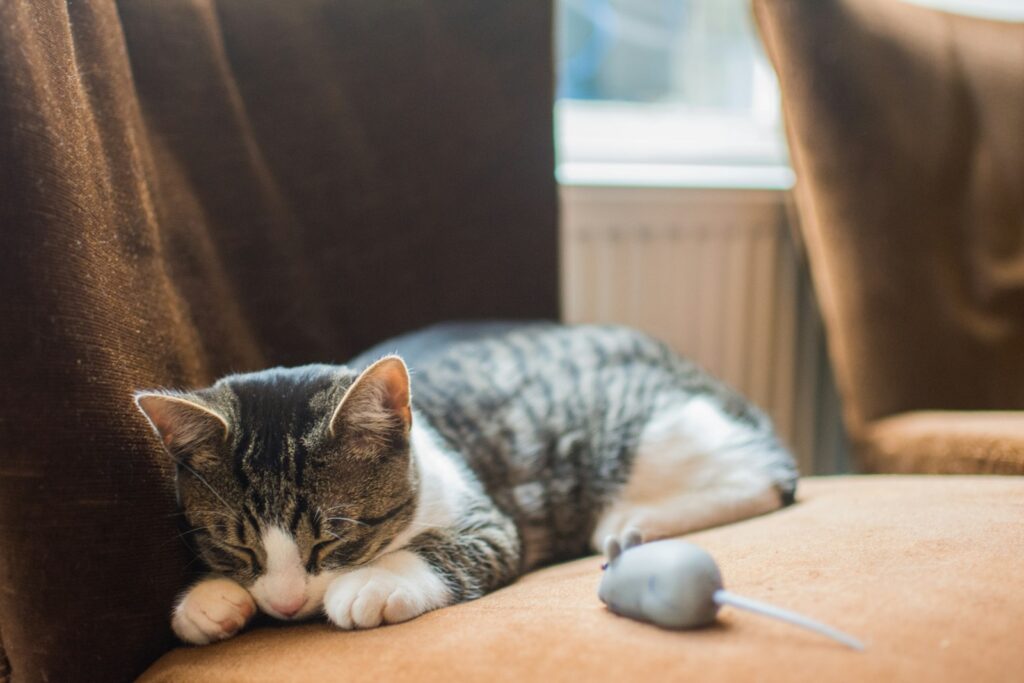
A kitten in discomfort might hunch its back, walk stiffly, or carry its tail differently. These subtle changes in posture are often dismissed but can be clear signs of internal pain, injury, or bloating. If your kitten looks uncomfortable standing, moving, or lying down, try to observe if the behavior persists. A slight shift in the way they carry themselves could hint at something deeper.
Bad breath.
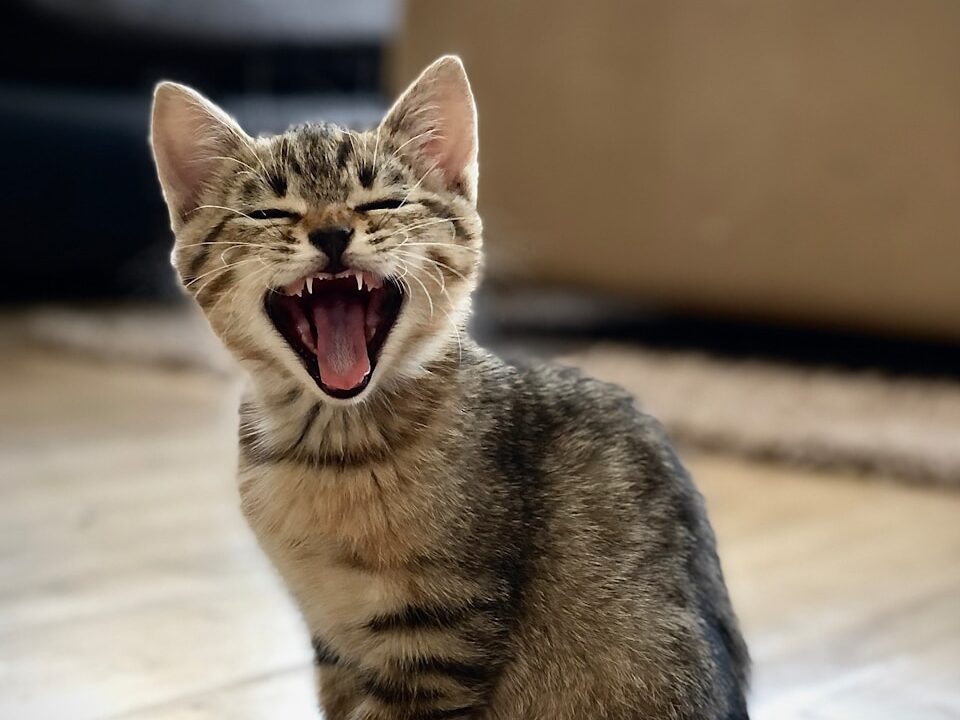
You might not expect your kitten’s breath to be pleasant, but strong or foul-smelling breath isn’t normal. It could point to dental problems, gum infection, or even more serious internal issues like kidney trouble. Don’t overlook bad breath as just a quirk of kittenhood. Regular oral care and early detection can prevent long-term health problems from creeping in unnoticed.
Discharge from the eyes or nose
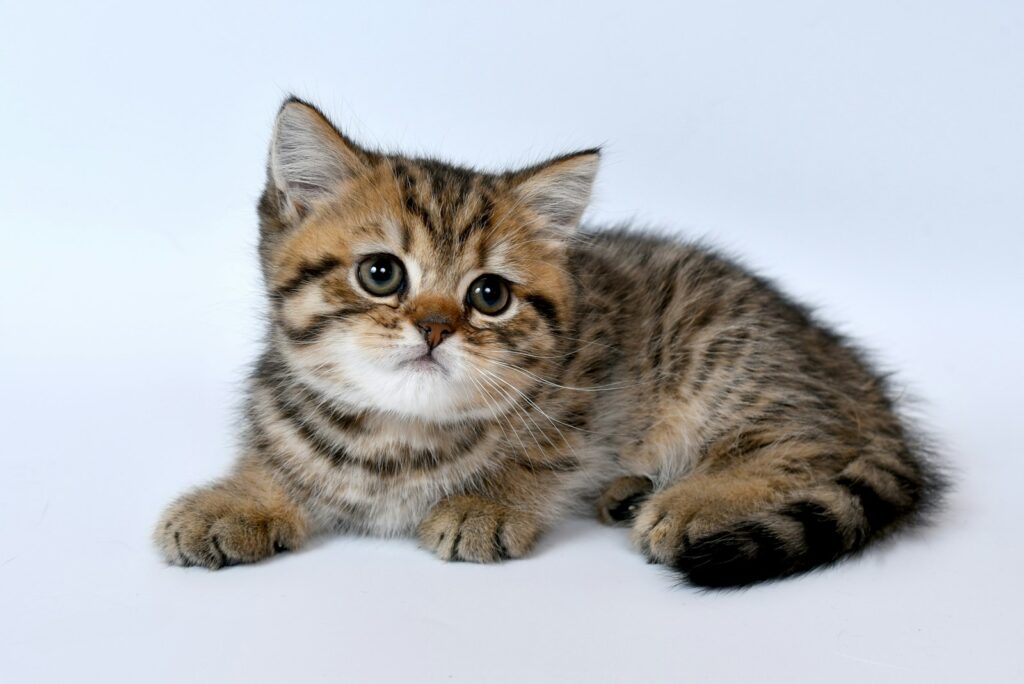
Watery eyes or a bit of crust might not seem serious, but persistent discharge can indicate infection or allergies. Thick, colored mucus or swelling around the eyes means it’s time to get help. Similarly, nasal discharge that lingers—especially if it’s yellow or green—shouldn’t be ignored. Respiratory problems can spread quickly in young kittens, and eye infections can affect vision if untreated.
Bloating or a distended belly
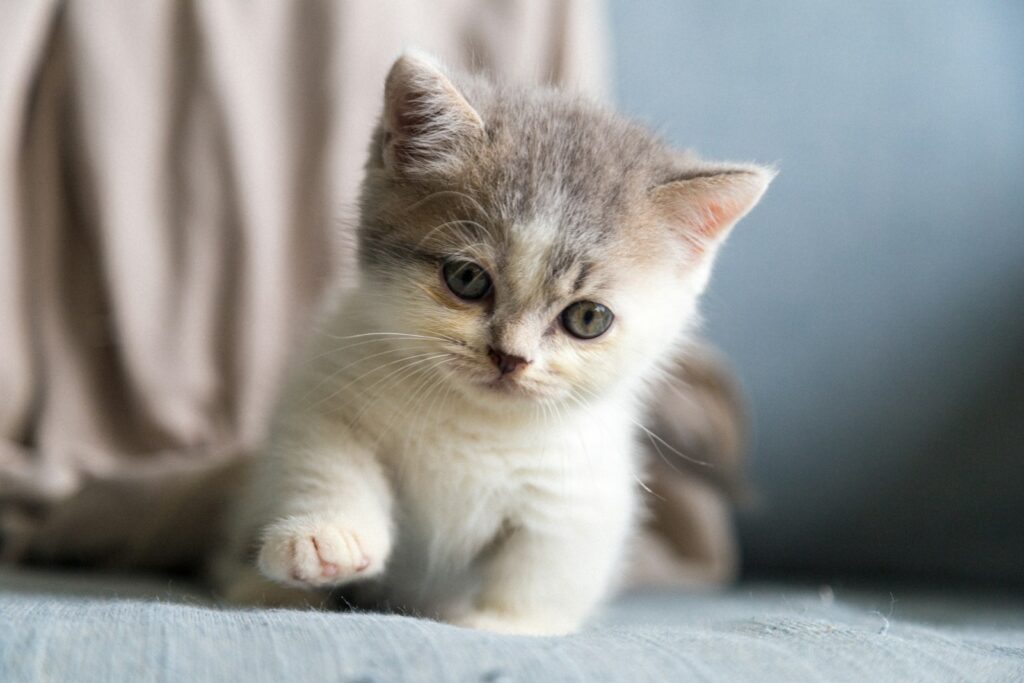
A round tummy is normal after meals, but if your kitten’s belly looks unusually swollen or firm, it could be more than just food. Bloating might signal internal parasites, gastrointestinal distress, or even fluid buildup. These conditions can escalate quickly in young kittens, so it’s important to get them checked if their belly looks off and they seem uncomfortable or sluggish.
Uncoordinated movement.
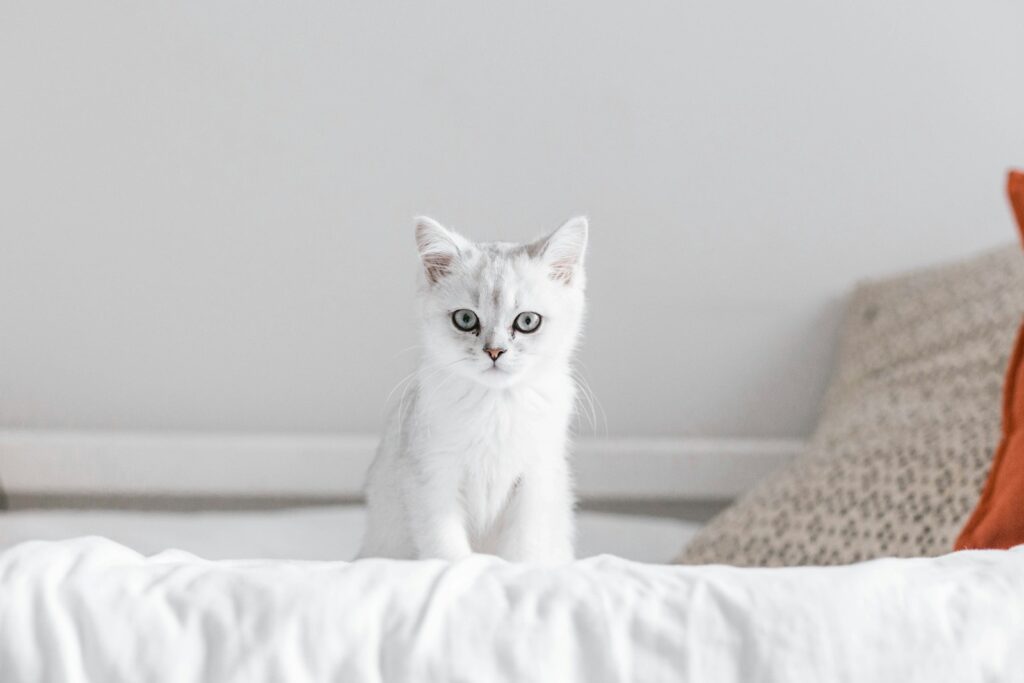
All kittens wobble now and then, but if yours seems unusually clumsy, keeps stumbling, or has trouble jumping or walking, that’s a concern. It might indicate neurological issues, ear infections, or muscle problems. Especially if the unsteadiness is new, paired with head tilting or constant circling, don’t wait and see—early intervention could make a big difference.
Runny stool or diarrhea.
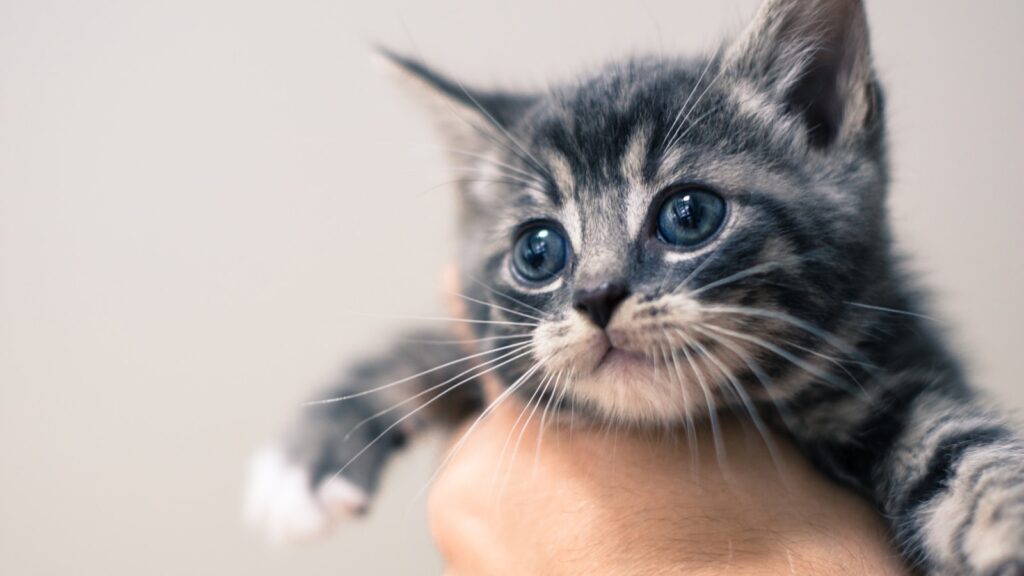
A single soft stool might just be from stress or a change in diet. But repeated diarrhea—especially if it’s watery, bloody, or has a strong odor—is a red flag. It can quickly lead to dehydration, which is especially dangerous for young kittens. Make note of frequency, consistency, and color, and bring those details to your vet to help identify the cause.
Sudden weight loss or lack of growth.
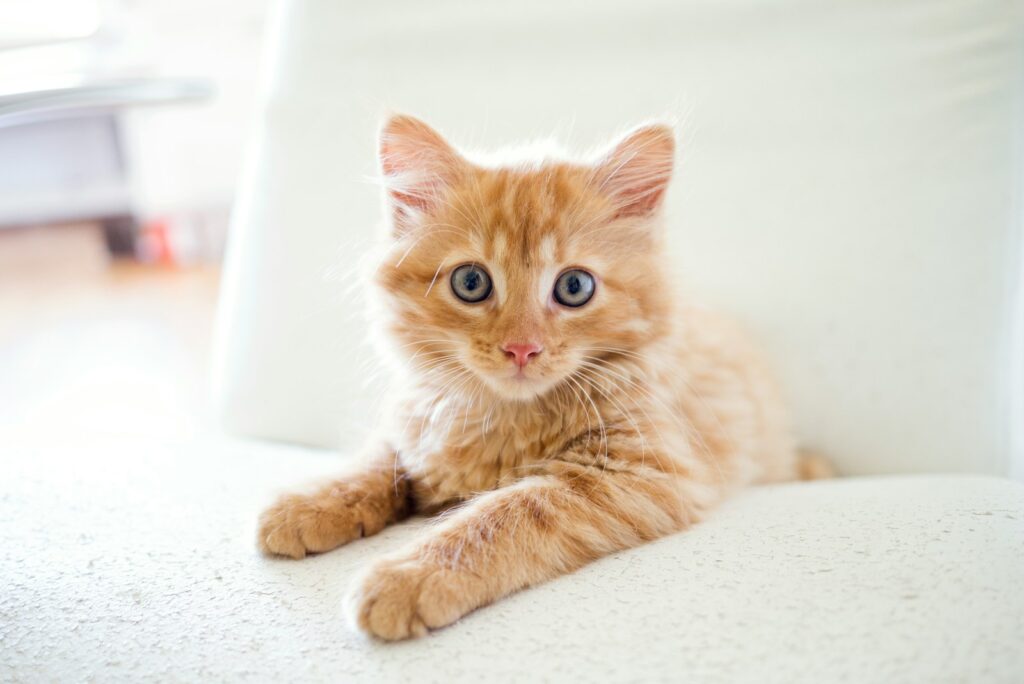
If your kitten isn’t gaining weight or seems thinner than usual, something may be interfering with their ability to thrive. Parasites, chronic illness, or poor nutrition can all lead to weight changes. Weigh them weekly if possible. Not all signs of sickness are dramatic—some creep in slowly. Falling behind on growth charts could be your first clue that something needs attention.

